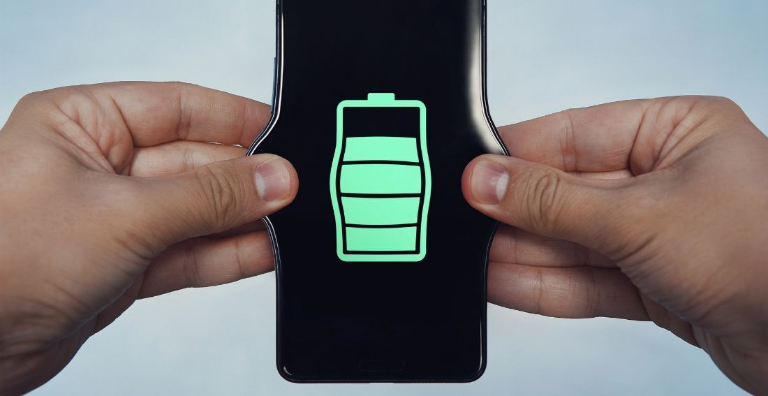In the first blog, we shared information about the benefits of partnering with a reliable mobile access control systems provider to protect your company’s buildings, employees and assets. These benefits are numerous and include:
- State-of-the-art technology with experts available to customize the system to meet your requirements
- Compliance with international individual privacy legislation like the General Data Protection Regulation (GDPR) in Europe that protects individuals’ personal information
- A wide range of features to suit the needs of your organization, such as the Enterprise Policy Enforcement setting that can enforce two-step authentication providing flexible security design based on specific operational risks
You can access the full content of the previous article here.
This article will address common misconceptions regarding the impact of the mobile access control system apps on mobile phone performance and battery life. Individuals who utilize an app installed on their mobile phones to interface with their workplace physical access control system, have two primary concerns. First, that this activity will require high levels of their mobile phone’s memory or CPU that will negatively affect performance, and second, that their battery consumption may be significantly affected.
Let me address these concerns in two parts. First, let's talk about how the mobile app affects performance on your mobile phone. Second, I’ll discuss the effect that mobile access has on a smartphone’s battery life.
How Do Mobile Access Control System Apps Affect the Performance of My Mobile Phone?
First, the installed mobile access control system apps are designed to be small, fast and efficient. They require a relatively tiny amount of memory. There is also almost no loss of mobile phone performance when the mobile app is installed. The app works in the background and has practically no impact on other phone operations.
The mobile access control system app lies dormant until the user takes the device to a reader to gain access to a space. As I’ve stated, this action uses minimal memory, CPU and battery power to complete.
Consider that on a typical 64 GB iPhone, the app takes up just one fiftieth of one percent (0.0002) of the phone’s storage. The credential itself is even smaller, with optimized code designed for use on smartcards and other forms of electronic devices. Remember, small, fast and efficient.
As a world-class mobile access control provider, HID Global works daily with thousands of customers to open tens of thousands of doors and entries in buildings and structures across many countries. Our mobile access control system app is continuously working to satisfy the secure access requirements of our customers and is designed to be efficient to minimize the impact on phone performance and processing time.
How Do Mobile Access Control System Apps Affect the Battery Life of My Mobile Phone?
The installed mobile access control system app is designed to be energy efficient. It does not have the power requirements that a user may experience when streaming music or recording video. The mobile access control app is designed to use as little memory and processing power as possible. It is very efficient and has minimal impact on battery life.
For example, in one series of mobile app tests, we saw as low as one quarter of one percent (0.0025) battery level consumption during a two-hour test where the phone was used to access a door once every minute.
Consequently, you can use the application hundreds of times without seeing a significant loss of battery power. Consumers do not have to worry that using mobile access control systems will drain the life of their phone battery, or affect device performance in any way.
Let’s compare the efficiency of the HID mobile access control system app to that of a high-end Ferrari. We’ve installed a mobile access control app system that is efficient, agile and paired with a smartcard with similar characteristics. It races through the operating system with controlled efficiency to deliver super-fast results. We won’t burden the mobile app system’s efficiency by asking it to drive a clunky Sport Utility Vehicle (SUV). We understand that our customers like the Ferrari much better.
Are you ready to learn more about HID Mobile Access?
Related articles: Mobile Access Misconceptions (1): Stolen Phone
Mobile Access Misconceptions (2): Personal Data
Luc Merredew has over twenty years of experience working for OEMs in the fire and security space, and in his current role for HID Global, Director of PACS Product Marketing he covers LATAM, USA and Canada. Luc is based in Huntington Beach, CA and has been with Austin, Texas headquartered HID Global for five years.
